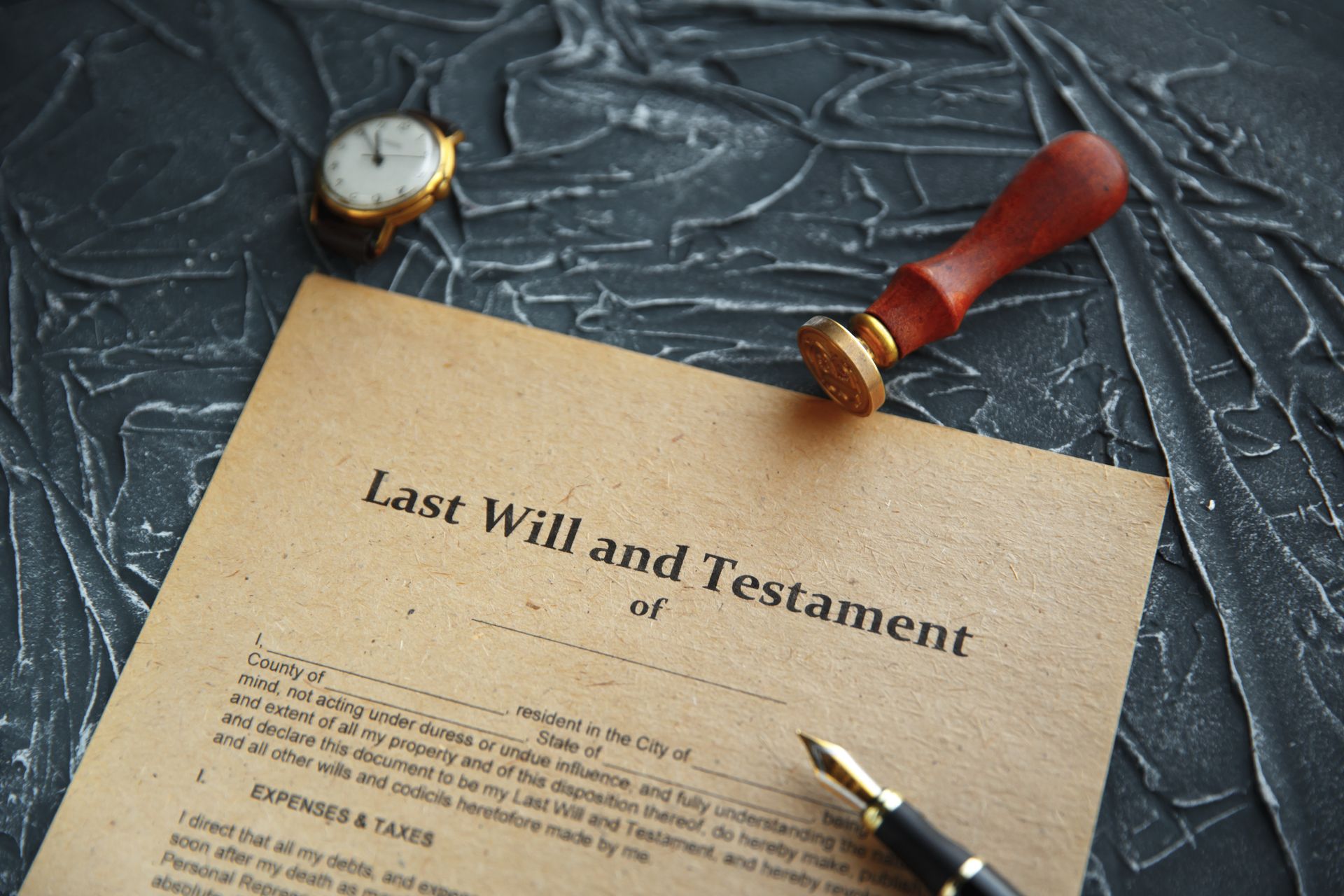By Ronald Klein
•
June 30, 2022
A civil lawsuit is a court-based process that addresses allegations of wrongdoing. It involves two parties: the plaintiff, the person or group that files the suit, and the defendant, the person or group accused of wrongdoing. A civil case begins when the plaintiff claims that the defendant has failed to carry out a legal duty. Many different types of wrongdoing can lead to a civil suit. Examples can include personal injury, a contract breach, a wrongful eviction, sales of unsafe products, unfair business practices, or professional malpractice. Unlike criminal cases, during which prosecutors seek punishment for a criminal act, a civil case aims to deliver compensation to the plaintiff. If the court rules against the defendant, they have to pay compensation or perform specific actions that fix the wrongdoing. If (like most plaintiffs) you are filing a civil lawsuit for the first time, you are probably unsure of what to expect. While the details of each case can vary considerably, there is a well-defined process for most civil cases. A lawyer can aid you when it comes to taking the correct steps and ensuring the best chance for a favorable ruling. The Stages of a Lawsuit for a Plaintiff Here is what you can expect after you decide to file a lawsuit. The Complaint The first step in the process involves drafting and filing a complaint against the defendant. This document outlines your version of events and describes how the defendant’s actions caused damage. It also includes the amount of monetary compensation or other remedies you are seeking. The complaint gets filed with the clerk of the appropriate court. A lawyer can help you ensure you select the correct jurisdiction. After this, the court creates a case file, assigns it a case number, and provides the defendant with the complaint and a summons to appear in court. Defendant Response After receiving the complaint, the defendant is required to respond with their version of the events. The court will give them a set amount of time in which to reply. In the answer to the complaint, the defendant may admit or deny the plaintiffs’ claims or offer counterclaims. In some instances, they can also name others as defendants. The defendant’s answer may also ask the plaintiff to clarify or correct parts of the complaint. They can also request that the court dismiss all or part of the lawsuit and give reasons or evidence for the dismissal request. The Scheduling Order After the complaint has been filed and answered, the judge assigned to the case will issue a scheduling order. This document will set up a timeline for the exchange of information between the parties, make deadlines to file motions for the case, and set a date for the first hearing. Discovery Discovery allows both parties in a civil lawsuit to request and obtain relevant information from each other. The court provides specific guidelines for the disclosure of this information. If one party fails to respond to the other’s request, that party may file a motion to force the release of the information. During discovery, the plaintiff, defendant, witnesses, and experts may be asked to provide testimony under oath. Additionally, lawyers can gather information through written questions known as “interrogatories.” All the information collected during discovery can be used during litigation unless one party files a motion to keep the other from using it. The judge will then decide whether or not the information in question can be a part of the case. Motions Motions involve formal requests by either party asking the judge to make specific decisions about the case. In a civil case, many motions include a request for dismissal of all or part of the case. They can also request the inclusion or exclusion of a particular piece of information or evidence. Usually, motions include a written brief that explains the legal argument for the request. The motion can also include supporting evidence or statements. The opposing party has a chance to see the motion before it gets submitted to the judge. The judge will consider the brief and evidence and either issue a decision immediately or schedule a hearing so that the two parties can present oral arguments about the motion. The judge will then issue a decision. Case Evaluation and Settlement Options In some states, civil cases get referred to a panel of legal experts who perform a case evaluation. They weigh the facts and decide if the arguments have merit. They can also issue a decision about what they think is a fair settlement amount. After the panel gives their decision, the two parties can decide whether or not to accept the decision or if they would still prefer to argue the case before a judge. The plaintiff and defendant can also agree to settle the matter out of court, either with or without a case evaluation. In some cases, they may decide to use a third-party mediator to help negotiate a fair settlement. These steps aim to get a resolution without going through with the additional time and expense of a trial. Trial and Judgment If the parties do not settle the dispute out of court, the case goes to trial. Depending on the case, the final decision could be made by a judge, a panel of judges, or a jury. During a trial, both parties get to present their cases. Typically, attorneys will represent the plaintiff and defendant and argue on their behalf. The plaintiff always goes first in a civil trial, and the defendant then has a chance to respond to the claims and evidence. In civil trials, the onus is on the plaintiff to prove wrongdoing. After both sides present their case, the judge or jury makes the final decision. If the defendant is guilty of wrongdoing, the court will also issue a rule about the amount of monetary compensation or other types of restitution that the defendant must make. Appeal If you are not satisfied with the verdict, you have the right to appeal the decision. The defendant has this same right. In an appeal, another judge revisits the first court’s decision. Lawyers can file additional briefs to explain why they think the original judgment should be affirmed or reversed. The appellate court judge will then issue a ruling. Despite the well-defined steps for filing a lawsuit, it is usually best to rely on a lawyer with experience in civil court to help you navigate the case and give you the best chance for your desired outcome.








